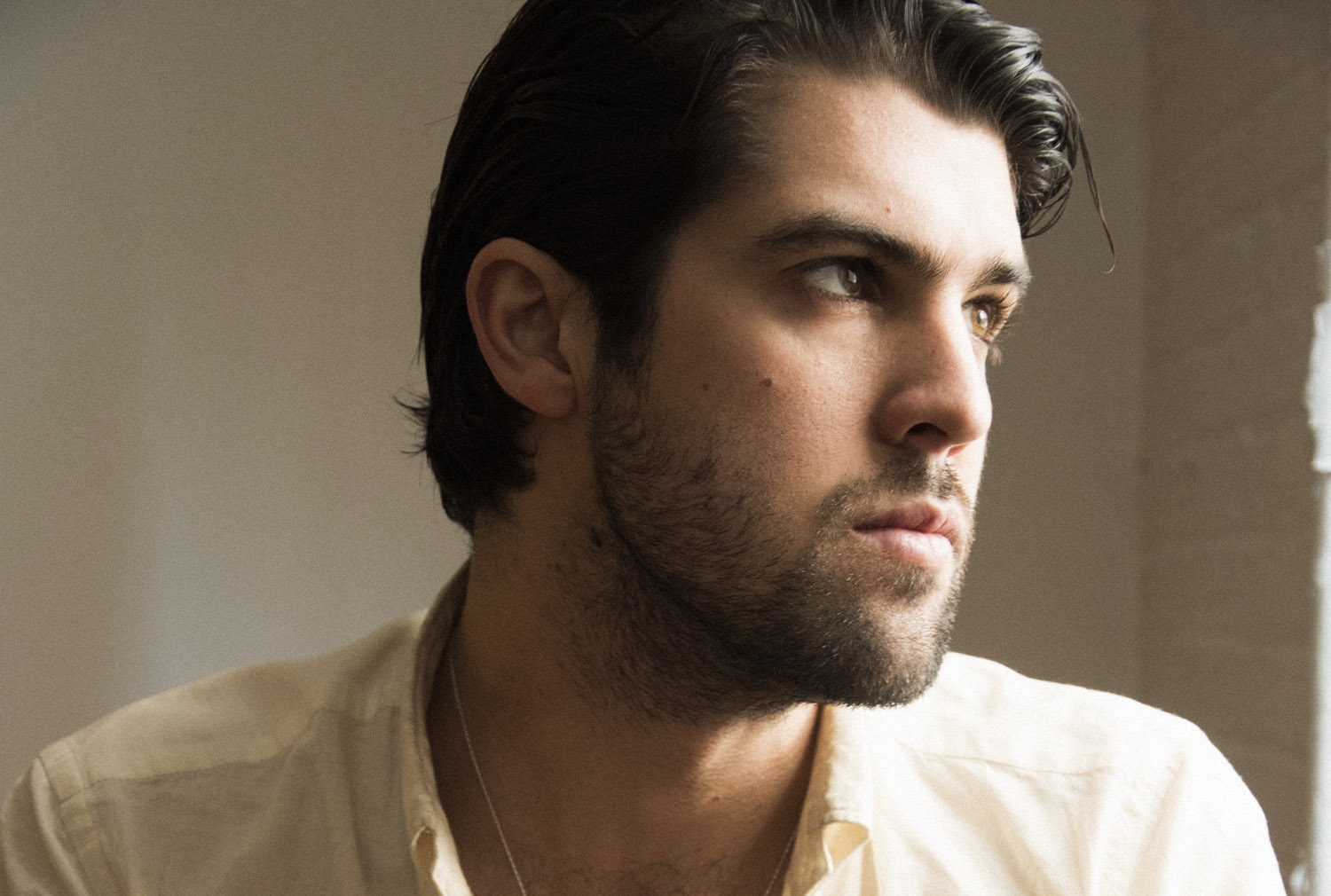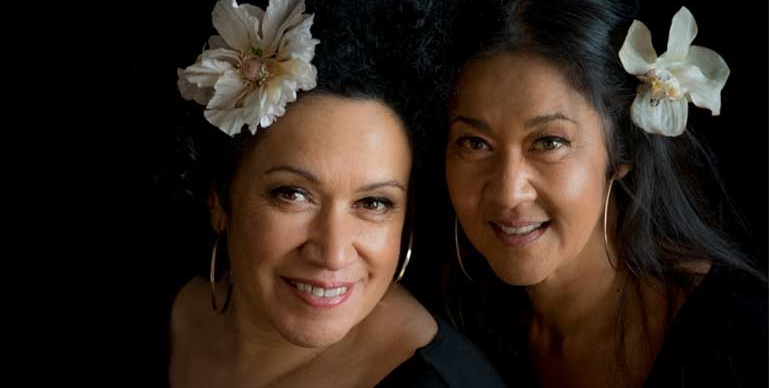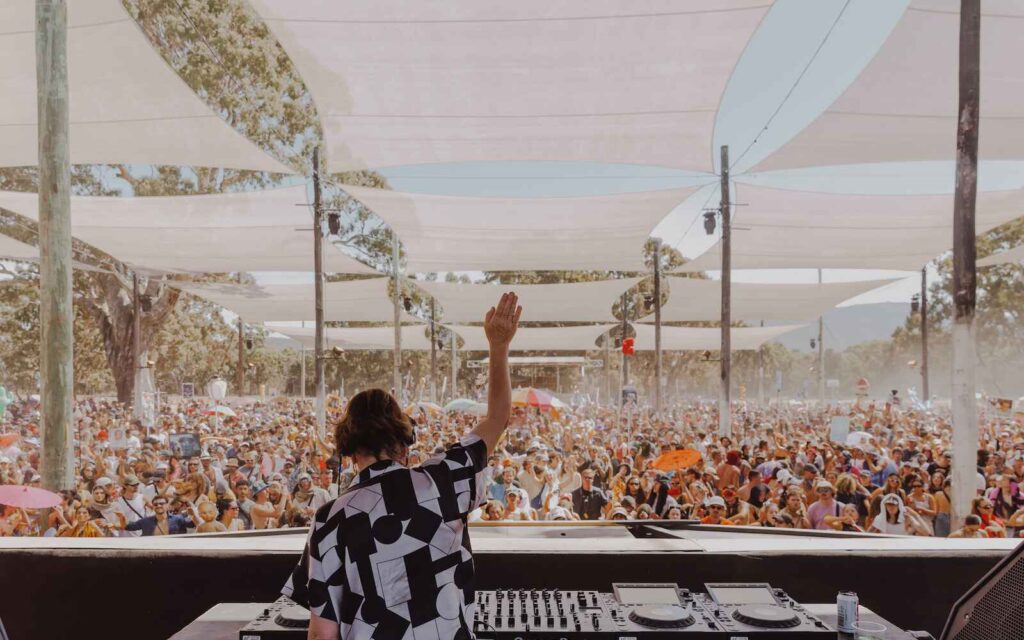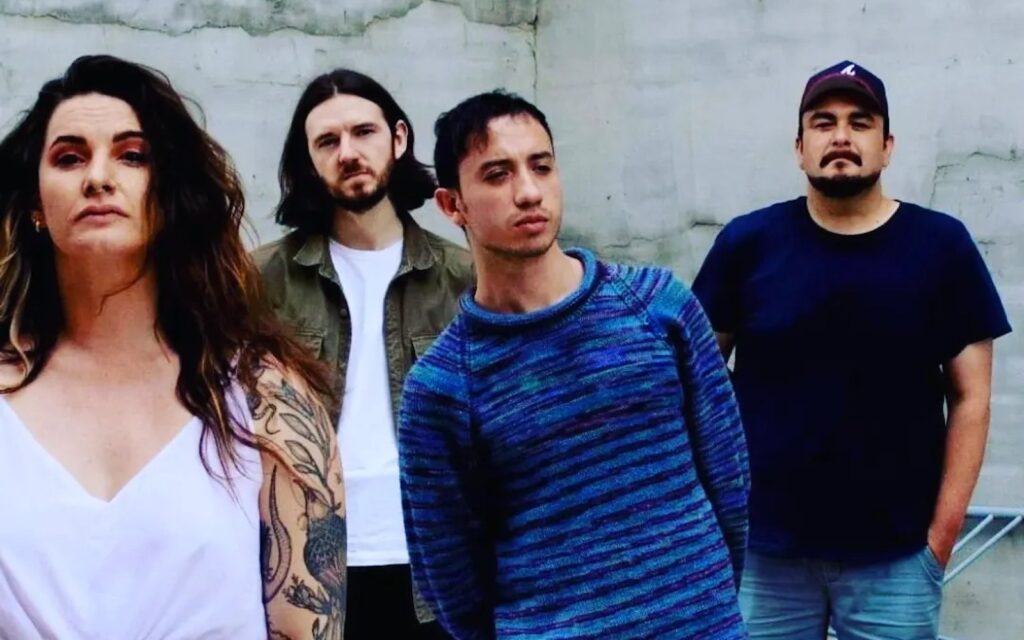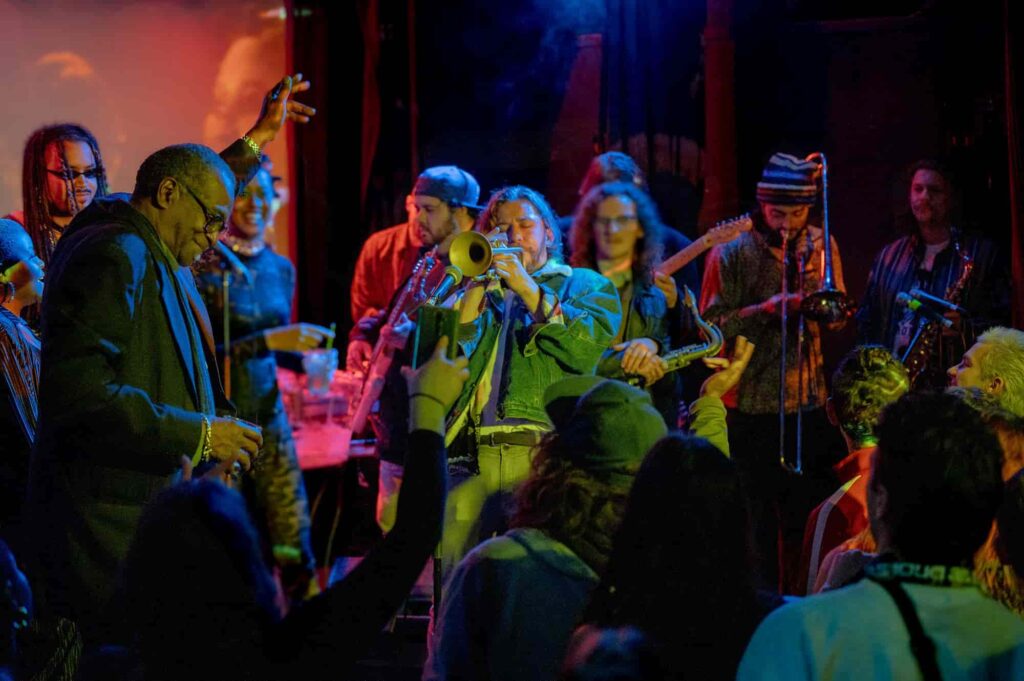A revelation at the beginning of this century poised to mantle Cameron Avery’s music foundation. Emerging from a jazz-infused upbringing, Avery was just beginning to grapple rock’n’roll when he met Kevin Parker. His next decision could’ve irreversibly detached him from his roots, but to our relief, Ripe Dreams, Pipe Dreams sees him resuscitate the music that characterised him.
“It’s sort of like coming back,” Avery says. “Jazz is the music I grew up with, that was what I was raised on. We grew up with a lot of Sarah Vaughan, a lot of Johnny Hartmann and obviously Frank Sinatra. My mum always had it on in the house and, along with Presley, I’ve always loved those singers.”
For Avery, jazz is more than music.
“It’s all of the drama that comes along with it as well. Along with filmscores – they’re the things I probably listened to more in my recreation of stuff even when I was playing in psych bands and making garage records.
“This venture was about me humouring my deepest desire – you don’t think about that when you’re a teenager because you want to play electric guitar and you want to play in a rock’n’roll band so it took me a little bit of growing up to do.”
His debut solo album embodies narratives of love – its exultance, its voluptuousness, notwithstanding its turbulence. A personal compendium of sorts, it’s a piece not gathered overnight but over years. Recordings meandered through frenzied touring schedules with foremost projects Tame Impala and Pond – nothing of which was going to restrain its promise.
“I wanted to make another record and I thought it was going to be a Growl record and then a whole bunch of stuff happened – obviously there’s some personal references on the album – so I thought I’d put them into songs. It’s definitely a personal catharsis thing.
“It’s been two and a half years,” Avery says. “It was purely to make songs, I didn’t think it would be anything of this nature – I didn’t think I was even going to get signed or anything.”
The might of legacy and its supremacy over how we conduct ourselves also influenced the expedition. “When I’m old, I’m the one who has to deal with the records that have my name on them. I’ll be able to think back to when I was 27, where I made the record that I wanted to make – I did everything that I could to make it exactly how I wanted to make it and not compromise on anything from an artistic, personal point of view.”
Brimming with nods to early jazz compositions, Avery discovers varying tempos and instrumentations on a release which comes across as a liberation of bottled up energy and enthusiasm.
Forging such an all-encompassing piece of art needed many hands and many minds. “I started recording the songs with just bass drum and guitar and whatever I could play in my friend’s tiny studio,” Avery says. “Then I met Owen Pallett on a Big Day Out tour a couple of years ago. He heard one of the songs I was working on and offered to arrange some strings for it which he did pro bono.
“Then I spent time in Hollywood. I recorded my strings at the Paramount Sound Stage where they did Bernard Herrmann’s Psycho and I also worked in Jackson Browne’s studio – you’ve got this incredible infrastructure. If you look at Capital Studios, Ocean Way – Frank Sinatra’s room, Electro-Vox, we recorded half the piano parts on Duke Ellington’s piano.
“It dictated this sound that I love – cinematic music which has always been in my head and now I have a chance to record it and make it sound like that. I jumped at it and was like ‘Let’s get 16 string players in one room and get two microphones’ – that was the sound.”
Ripe Dreams, Pipe Dreams is as much a testament to Avery’s courage as it is to his insistence – always a member of Tame Impala, he’ll be remembered as an artist never confined to second fiddle.
By Tom Parker
